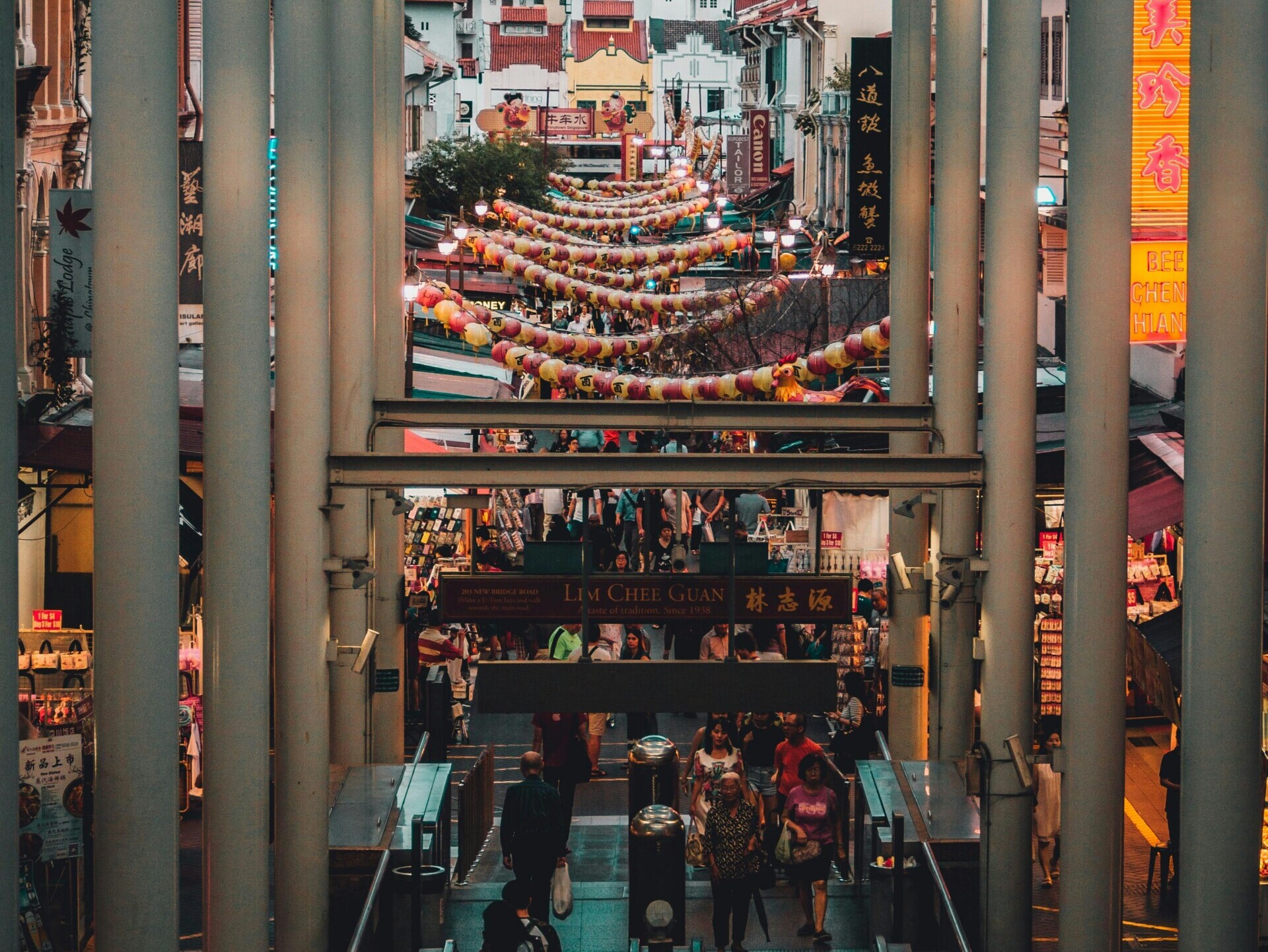Chinatown Singapore is a vibrant and bustling neighborhood that offers a glimpse into the rich history and cultural tapestry of the city. This iconic district is a melting pot of Chinese traditions, customs, and cuisines, making it a must-visit destination for both locals and tourists.
The Origins of Chinatown
The story of Chinatown Singapore dates back to the early 19th century when Chinese immigrants flocked to the island in search of better opportunities. They settled in the area known as Telok Ayer, which was close to the waterfront and provided easy access to trading activities.
Over the years, Chinatown grew and expanded, becoming a vibrant hub for Chinese businesses, temples, and clan associations. Today, it is home to a diverse range of Chinese dialect groups, including Hokkien, Cantonese, Teochew, and Hainanese.
Exploring the Cultural Gems
One of the highlights of Chinatown Singapore is the historic Thian Hock Keng Temple. Built in 1821, it is one of the oldest and most important Hokkien temples in the country. The temple’s intricate architecture and beautiful decorations are a testament to the rich heritage of the Chinese community.
Another must-visit attraction is the Buddha Tooth Relic Temple and Museum. This grand temple houses a sacred relic, which is believed to be a tooth of the historical Buddha. The temple’s stunning interior, adorned with intricate carvings and vibrant murals, provides a serene and spiritual atmosphere.
For those interested in history, the Chinatown Heritage Centre offers a fascinating glimpse into the lives of early Chinese immigrants. The museum showcases the living conditions, struggles, and aspirations of the early settlers through immersive exhibits and multimedia displays.
Shopping and Culinary Delights
Chinatown Singapore is a shopper’s paradise, with its bustling streets lined with traditional shophouses and market stalls. Here, you can find a wide variety of goods, from traditional Chinese herbs and medicines to intricate handicrafts and souvenirs.
Food lovers will be delighted by the array of culinary options available in Chinatown. From hawker centers serving up local favorites like Hainanese chicken rice and char kway teow, to Michelin-starred restaurants offering exquisite Chinese cuisine, there is something to satisfy every palate.
Celebrating Festivals and Traditions
Chinatown Singapore truly comes alive during festive seasons, particularly during Chinese New Year. The streets are adorned with colorful decorations, and lively performances and cultural activities take place throughout the neighborhood.
Visitors can also witness the annual Mid-Autumn Festival celebrations in Chinatown. The streets are illuminated with beautiful lantern displays, and traditional Chinese performances, such as dragon dances and opera shows, entertain the crowds.
Preserving the Heritage
Efforts have been made to preserve and promote the heritage of Chinatown Singapore. The Chinatown Street Market, located along Pagoda Street, offers a traditional shopping experience with its rows of stalls selling traditional snacks, clothing, and trinkets.
Additionally, the Chinatown Food Street provides a unique dining experience, with its open-air concept and a wide selection of local and international cuisines. Visitors can savor the flavors of Singapore while immersing themselves in the vibrant atmosphere of Chinatown.
Conclusion
Chinatown Singapore is a captivating district that showcases the rich history and cultural diversity of the Chinese community. From its historic temples and museums to its bustling markets and delicious food, there is so much to explore and discover in this vibrant neighborhood.
Whether you are a history enthusiast, a food lover, or simply looking to immerse yourself in the sights and sounds of Singapore, a visit to Chinatown is a must. Unveil the rich tapestry of Singapore’s cultural heritage and experience the charm of Chinatown for yourself.

